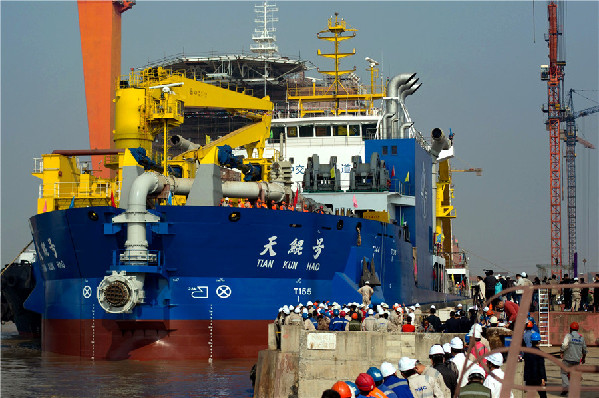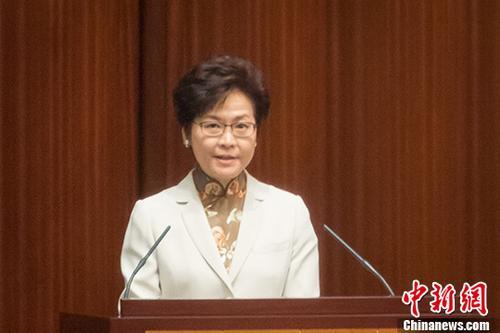Premier Li Keqiang pledged his support on Friday to further promote nuclear energy cooperation between China and the United States and develop safe and reliable breakthrough technologies.
|

|
|
Premier Li Keqiang meets with Bill Gates, Microsoft founder and chairman of TerraPower, in the Zhongnanhai compound in Beijing on Friday. [Photo/China Daily]
|
The premier spoke during a meeting with Bill Gates, chairman of TerraPower and founder of Microsoft, in Beijing.
Li spoke positively of the cooperation the two nations have had in research and development on new-generation nuclear power technologies. He said he was exhilarated to know about the establishment of a joint R&D venture on traveling-wave reactors, a new breakthrough in the field.
Li emphasized that safety is an essential prerequisite for developing nuclear power and that the new technology must be reliable and secure.
The premier also said that the new industrial revolution is proceeding to a higher level while the internet provides vital support. He said that China is carrying out innovation-driven development and making use of the Internet Plus Initiative, both of which involve promoting new technologies and integrating them with traditional industries to accelerate economic transformation and upgrading.
“We wish to further international cooperation and achieve technological breakthroughs by developing China’s advantage in rich resources in talent and using internet-based platforms,” he said.
New-generation nuclear power technology is vital for mankind to develop energy in the future and the energy supply must be kept clean, safe and reliable, Gates said. He said he appreciates the cooperation with Chinese companies and is willing to make the wishes a reality with an open attitude.
A traveling-wave reactor is a fourth-generation technology that can directly process depleted uranium, natural uranium, thorium, spent fuel from light water reactors or combinations of these materials, which allows the reactor to use fuel in a more efficient way.
China National Nuclear Co signed an agreement with TerraPower in September 2015 to jointly develop traveling-wave reactors, the first time such cooperation has been undertaken since 1985, when China and the US signed a cooperative agreement in nuclear energy. A joint venture was established by the two companies and some other Chinese energy suppliers this September.
The joint venture aims to build and operate small, medium and large power plants using traveling-wave reactors in the next 20 years, which are expected to reduce costs by 20 percent from existing, third-generation nuclear power plants.



